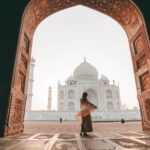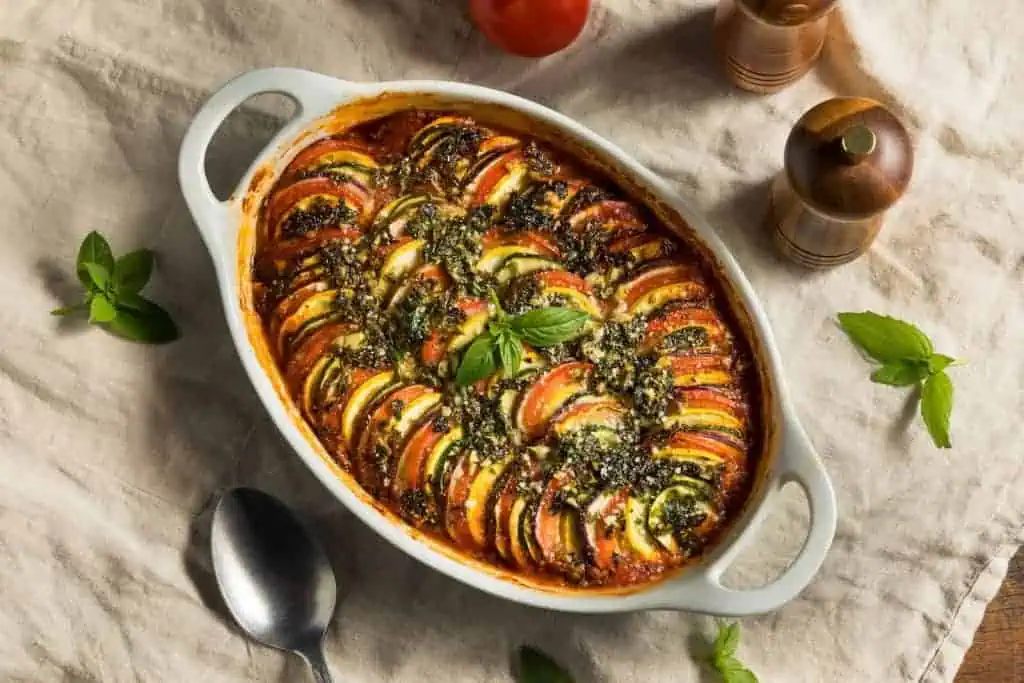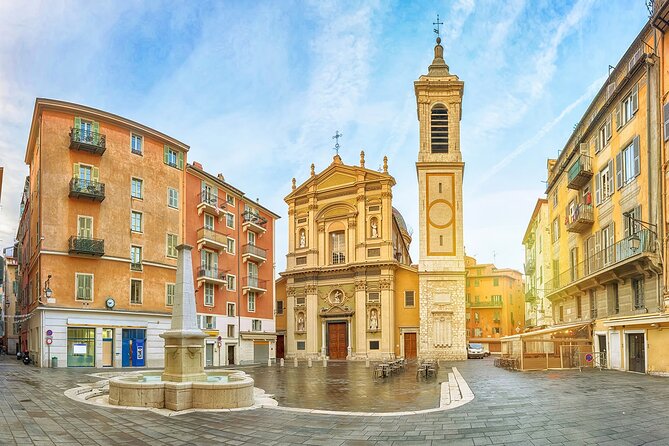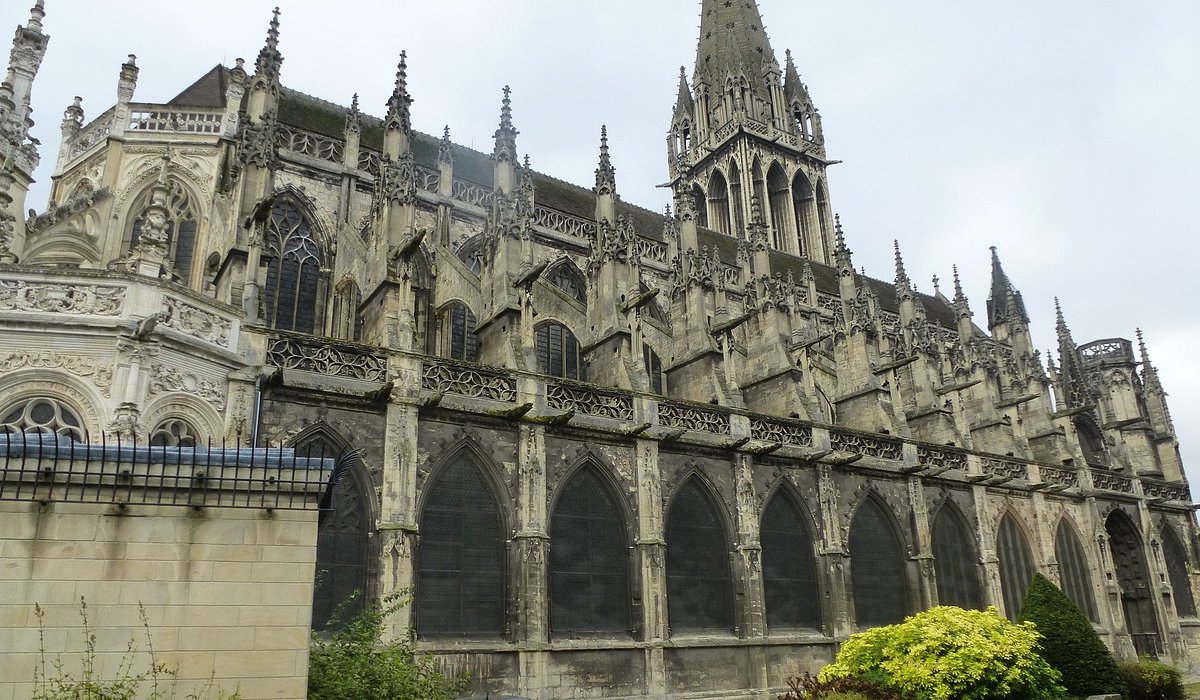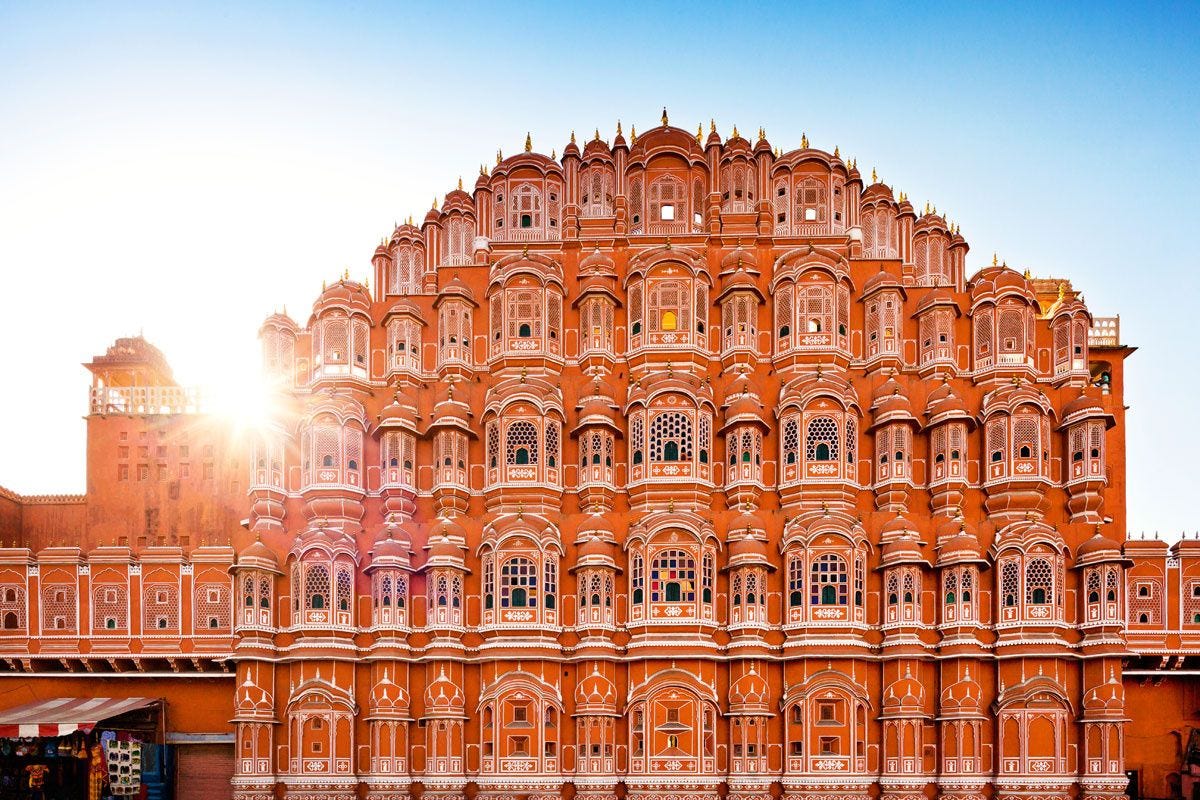

Introduction
Overview of Rajasthan Royalty
Rajasthan, often regarded as the land of kings, boasts a rich tapestry of royal heritage. The majestic palaces and forts scattered across this vibrant state narrate tales of valor, romance, and intrigue. Historical figures like Maharaja Sawai Jai Singh II of Jaipur and the brave Rajput warriors shaped not just their kingdoms but also left an indelible mark on India’s culture.
Importance of India’s Palaces and Forts
The palaces and forts of India, particularly in Rajasthan, are more than just architectural marvels. They serve as:
- Cultural Symbols: Representing the art, traditions, and history of the royalty.
- Tourist Attractions: Drawing millions of visitors who seek to experience the grandeur of yesteryears.
- Architectural Inspirations: Influencing modern design with their intricate carvings and innovative structures.
These monumental landmarks keep alive the legacy of Rajasthan’s royalty while inspiring future generations.
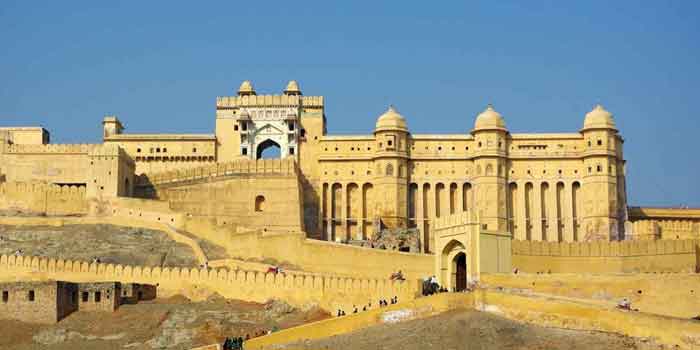
History of Rajasthan’s Royalty
The Rise of Rajput Dynasties
The history of Rajasthan’s royalty is richly infused with the valiant tales of Rajput dynasties that flourished between the 6th and 18th centuries. Fierce warriors and skilled rulers, these clans, such as the Sisodias of Mewar and Kachwahas of Jaipur, fought battles and established kingdoms characterized by pride and honor.
- Patronage of Arts: Many Rajput rulers were great patrons of arts, fostering a cultural renaissance.
- Strategic Marriages: Alliances through marriage strengthened their empires, merging cultures and traditions.
Architectural Influences in Rajasthan’s Palaces
The grand palaces of Rajasthan are a testament to the architectural prowess that evolved during the reign of these dynasties. Influenced by:
- Mughal Architecture: The opulent designs featuring domes and arches reflect Mughal techniques merged with local styles.
- Regional Variations: Each palace showcases unique elements, such as the intricate jharokhas of Jaipur and the ornamental frescoes of Udaipur.
Walking through these palaces, one can almost hear whispers of the past, resonating with the legacy of Rajasthan’s royal heritage.

Iconic Palaces and Forts in Rajasthan
City Palace, Jaipur
Nestled in the heart of Jaipur, the City Palace is a stunning example of royal architecture. Its intricate blend of Mughal and Rajput styles reflects the rich history of the Kachwaha kings. Visitors often marvel at:
- The Diwan-i-Khas: A grand hall adorned with stunning crystal works.
- The Pothikhana: A magnificent museum showcasing royal artifacts.
Each room tells a story, making a visit feel like stepping back in time.
Mehrangarh Fort, Jodhpur
Perched on a hilltop, Mehrangarh Fort is one of the largest forts in India, commanding breathtaking views of the “Blue City.” The fort’s massive walls and elaborate interiors reveal the wealth of Jodhpur’s royal family. Highlights include:
- The Sheesh Mahal: Glittering with mirrors, it reflects light in an enchanting manner.
- The Museum: Housing an impressive collection of weaponry and royal memorabilia.
Walking through its corridors feels like exploring a living museum.
Udaipur City Palace
Overlooking the serene Lake Pichola, the Udaipur City Palace is a harmonious blend of architecture, featuring an array of palaces, courtyards, and gardens. Visitors are captivated by:
- The Jagdish Temple: A stunning example of Indo-Aryan architecture.
- The Crystal Gallery: Showcasing exquisite crystal artifacts that once belonged to the Mewar dynasty.
Each corner of this palace radiates romance, making it a perfect backdrop for memorable photographs.
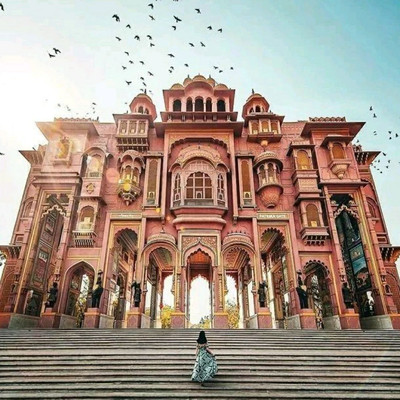
Traditional Rajasthani Architecture
Mughal and Rajput Fusion
The architectural landscape of Rajasthan is a captivating blend of Mughal and Rajput styles, resulting from centuries of cultural exchange. This fusion is evident in grand structures that reflect both opulence and functionality.
- Elaborate Arches: Mughal influences are marked by impressive arches and domes.
- Ornate Courtyards: Rajput design emphasizes open courtyards, promoting ventilation and light.
Visitors often find themselves enchanted by this architectural dialogue between two powerful dynasties.
Intricate Carvings and Jharokhas
One of the defining features of Rajasthani architecture is its intricate carvings and unique jharokhas (overhanging enclosed balconies). These elements are not only visually stunning but also serve multiple purposes:
- Cultural Expressions: Carvings depict local wildlife, folktales, and divine figures.
- Privacy and Aesthetics: Jharokhas offer privacy to royal women while allowing them to observe the world outside.
Wandering through these beautifully adorned structures truly feels like stepping into a fairy tale, where every detail whispers stories of the past.

Lifestyle of Royalty in Rajasthan
Courtly Etiquette and Traditions
The lifestyle of Rajasthan’s royalty is steeped in rich customs and sophisticated etiquette that underscores their status. These traditions shaped the daily lives of royal families, guiding everything from gestures to formal interactions.
- Respect and Reverence: Everyone from soldiers to courtiers had to show utmost respect towards the royals.
- Dress Codes: Each occasion had specific attire, often adorned with jewels, reflecting wealth and status.
Such refined traditions create an aura of grandeur that’s truly fascinating.
Royal Cuisine and Festivals
Rajasthani royal cuisine is a delicious fusion of flavors, influenced by the arid landscape that fostered a high-protein diet. Dishes served at royal feasts include:
- Dal Baati Churma: A staple with flavors that dance upon the palate.
- Ghevar: A sweet delicacy that graces festive occasions.
Festivals like Teej and Diwali were occasions for grand celebrations, complete with music, dance, and vibrant decorations. These events encapsulate the joy and vibrancy of royal life, offering a glimpse into their captivating world.
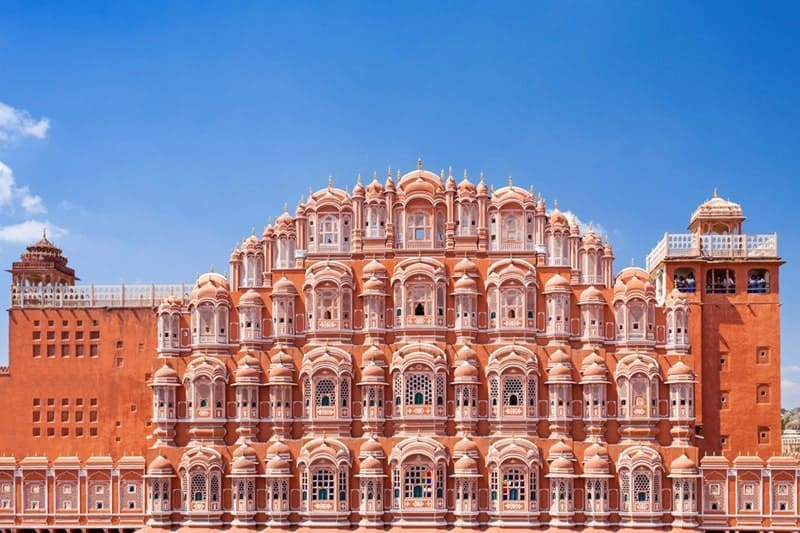
Preservation and Tourism
Conservation Efforts of Palaces and Forts
As we delve into the charming world of Rajasthan’s royal heritage, it’s essential to appreciate ongoing conservation efforts. Organizations and the government work tirelessly to preserve these architectural marvels, ensuring they remain intact for future generations.
- Restoration Projects: Regular maintenance and restoration works utilize traditional materials and techniques, keeping authenticity intact.
- Awareness Campaigns: Educational programs help locals understand the importance of these historical sites.
These efforts not only protect the structures but also keep their stories alive.
Visitor Experiences and Luxury Stays
Tourism in Rajasthan offers unique experiences that allow visitors to live the royal lifestyle, even if just for a moment. Many former royal residences now function as luxury hotels. Imagine:
- Heritage Hotels: Staying in a palace with opulent rooms and exquisite décor.
- Cultural Experiences: Engaging in traditional music and dance performances during evening gatherings.
These immersive experiences provide a glimpse into the regal lifestyle, making every visit a cherished memory. Visitors often leave with a profound connection to Rajasthan’s rich heritage, feeling like royalty themselves.
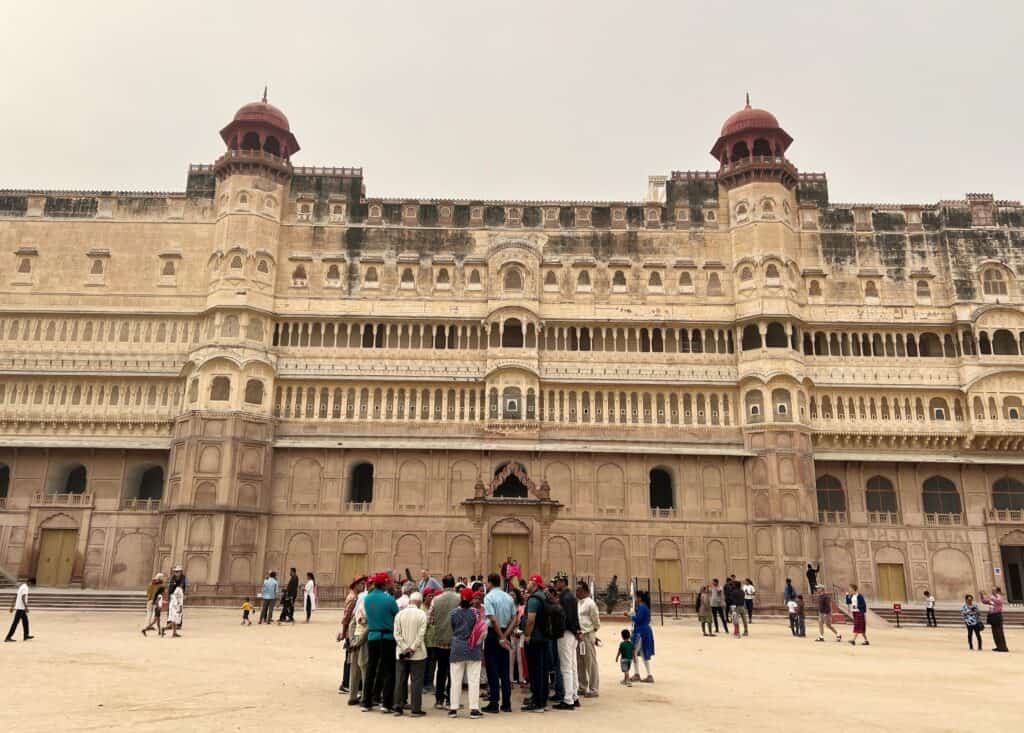
Influence of Rajasthan’s Royalty on Modern India
Fashion and Textiles
The legacy of Rajasthan’s royalty continues to resonate in India’s modern fashion and textiles. The vibrant colors, intricate designs, and luxurious fabrics that once adorned royal families have found their way into contemporary wardrobes. For instance:
- Bandhani and Leheriya: Traditional tie-dye techniques are now popular in both ethnic and fusion wear.
- Zari Work: The gold and silver embroidery that adorned royal garments is frequently seen in bridal fashion.
Many fashion designers turn to Rajasthan’s rich heritage for inspiration, making royal aesthetics accessible to all.
Cultural Significance and Global Impact
The cultural significance of Rajasthan’s royalty extends beyond local traditions, influencing global perceptions of Indian heritage. Events like:
- Cultural Festivals: Showcase folk music and dance, promoting Rajasthan’s royal history on international platforms.
- Art Exhibitions: Features artworks inspired by royal themes, enhancing cross-cultural appreciation.
This unique blend of tradition and modernity captivates individuals worldwide, ensuring that the influence of Rajasthan’s royalty remains vibrant and relevant in today’s society.




